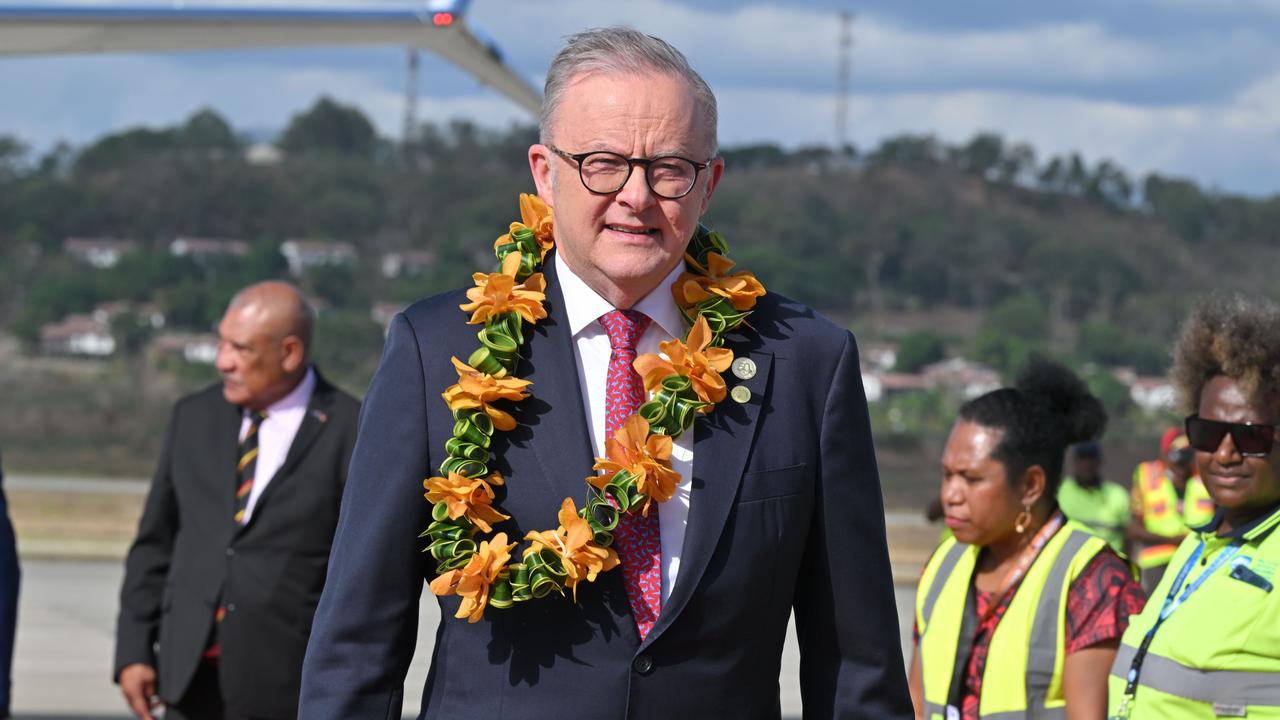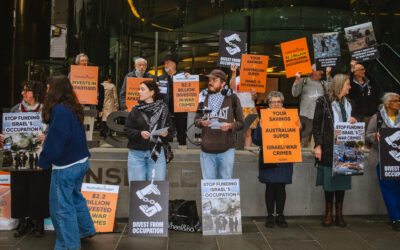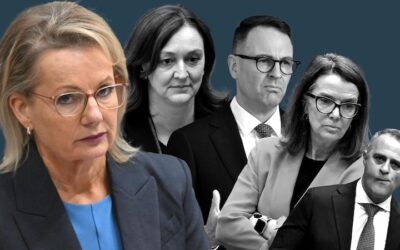A new Australian defence pact elevates Papua New Guinea to the treaty level of the United States and New Zealand, Anthony Albanese says.
The prime minister is visiting Port Moresby this week to sign the pact with counterpart James Marape and attend PNG’s celebrations for its 50th anniversary of independence.
The landmark agreement will “integrate” forces either side of the Torres Strait and could trigger mutual support in cases of conflict.
It will also enable PNG nationals to serve in Australia’s defence force with the same pay as other members and start a pathway to citizenship.
“It’s an upgrade in our security relationship to a treaty level, to the sort of level that we have with the United States and our important allies,” the prime minister told the ABC on Monday.
Details are yet to be revealed, including whether both nations would be compelled to consult each other if they faced a security threat, similar to NATO’s Article Four clause.
“It provides for mutual defence, which means that we will provide support for each other, provide for an integration of our interoperability of our assets and our respective defence forces,” Mr Albanese said.
More detail would be provided once the agreement was signed on Wednesday, he said, following celebrations of the Pacific nation’s golden jubilee.
Mr Albanese praised Mr Marape for showing great leadership and moving forward with Australia, saying the relationship upgrade took place at his suggestion.
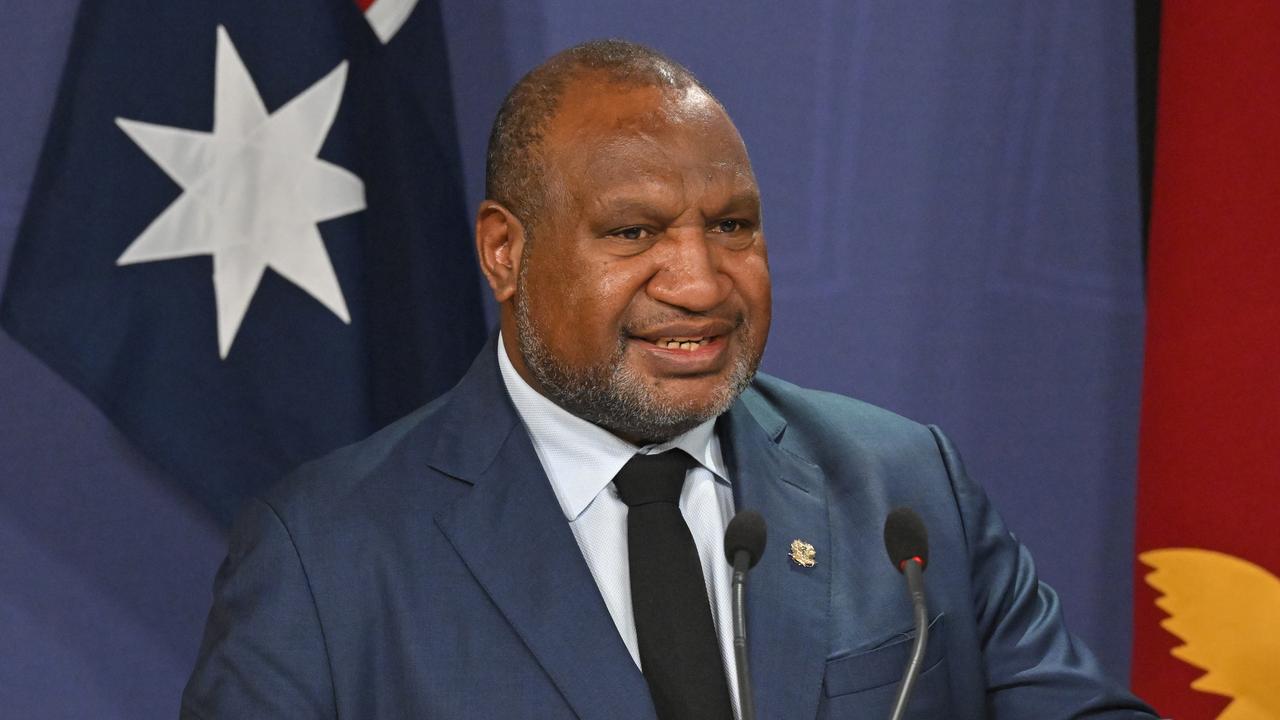
Mr Albanese emphasised the two nations were expanding their partnership as equals and had the same vision for a stable and prosperous Pacific.
The treaty speaks to a shared ambition between the two nations, said Defence Minister Richard Marles, who will accompany the prime minister in Port Moresby along with Pacific Minister Pat Conroy.
PNG Defence Minister Billy Joseph said the deal was a “mutual defence treaty” that would have the nations working together to defend each other’s territories.
“We’re not talking about interoperability, we’re talking about totally integrated forces,” he told the ABC.
“Australian Defence Force and PNG Defence Force both working together closely, using the same equipment … fighting together, defending our sovereignties as an integrated force.”
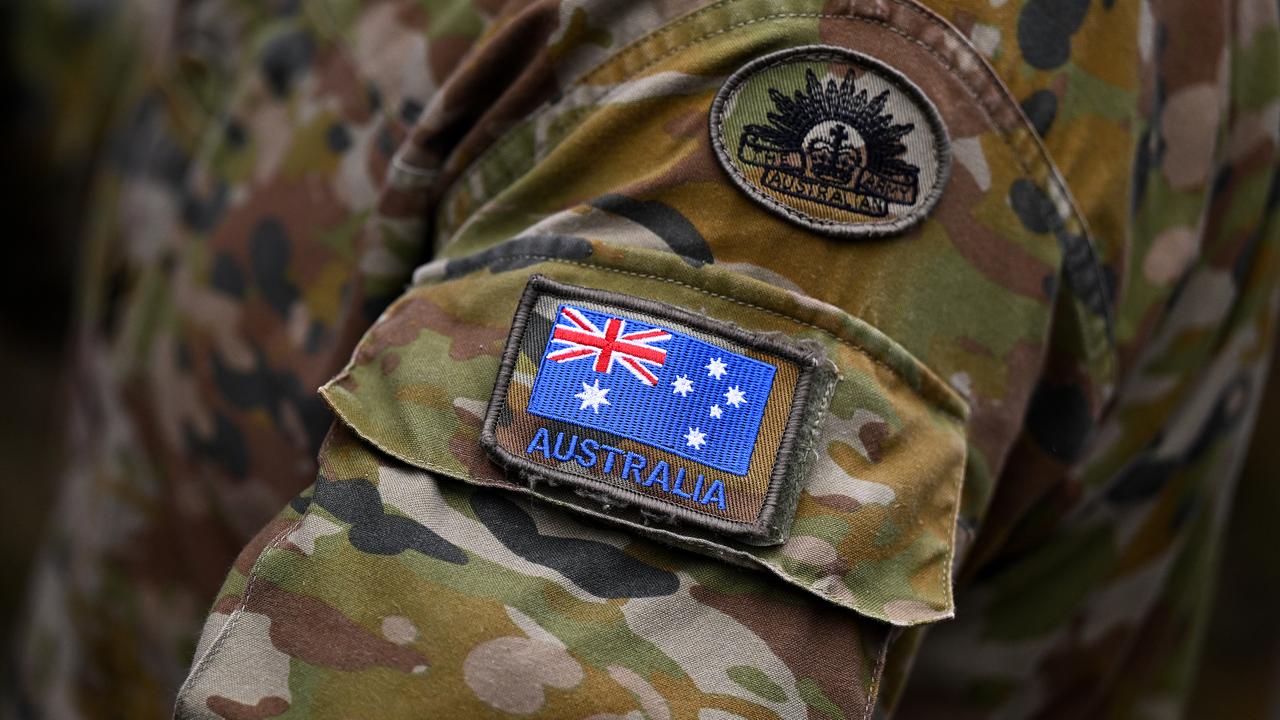
It is PNG’s first defence agreement with another nation and deeply significant for the nation, Lowy Institute research fellow Oliver Nobetau said.
The world was waiting to learn if it included an exclusivity clause, which meant PNG could not pursue similar deals with other countries, such as China, he said.
“We can define that as a sort of the holy grail of security partnerships in the Pacific and if you can get that, it can signal a return to greater regional stability,” Mr Nobetau told AAP.
Australia is competing with China and other nations for influence in the region after having difficulties over security agreements with the Solomons and Vanuatu.
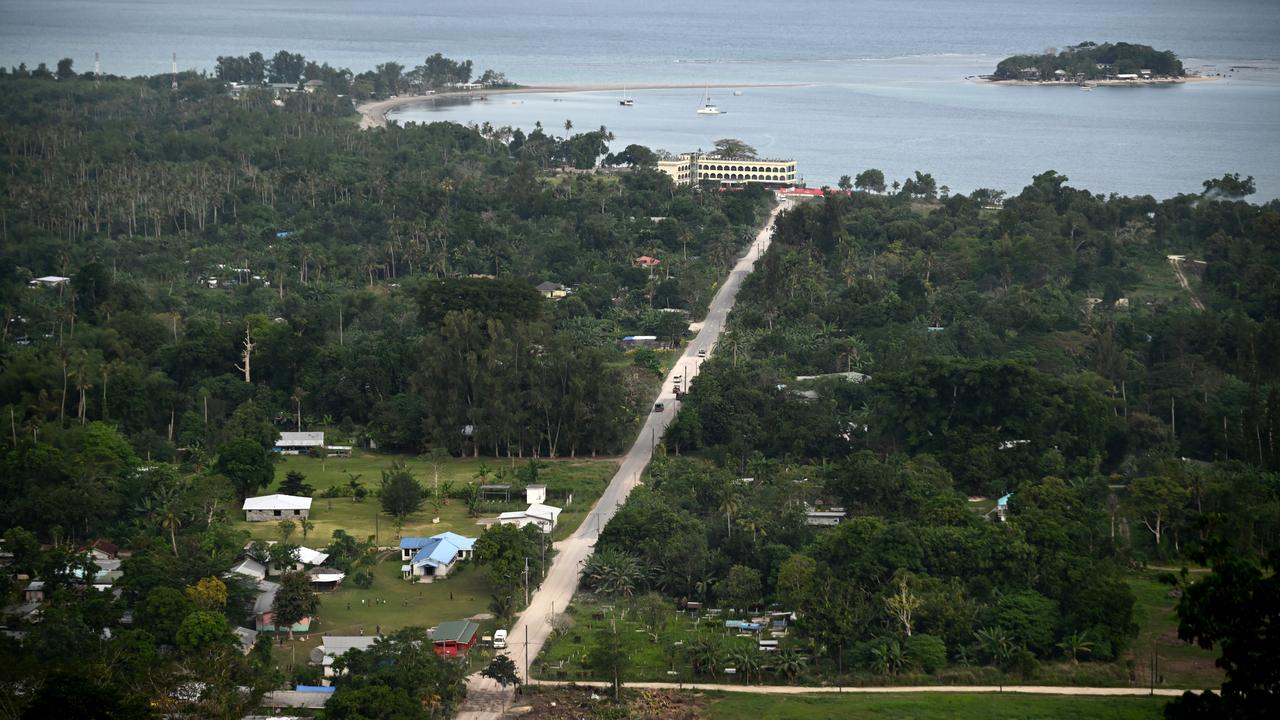
PNG is one of three nations in the Pacific with a military, alongside Fiji and Tonga.
It viewed itself as a “big brother” in the Pacific and was seeking a more dominant role as it marked 50 years since gaining independence from Australia, Mr Nobetau said.
“We may see PNG play a greater role in influencing other countries as well,” he said.
Henry Ivarature, deputy director at the Pacific Security College at the Australian National University, said the treaty was more about Australia getting into trouble with neighbours and calling on PNG for support.
“I don’t think it’s the other way round where PNG gets into strife and Australia will come to its aid.”
But Australian politicians shouldn’t be anxious about PNG’s relationship with Australia, Dr Ivarature told AAP.
Australian Associated Press is the beating heart of Australian news. AAP is Australia’s only independent national newswire and has been delivering accurate, reliable and fast news content to the media industry, government and corporate sector for 85 years. We keep Australia informed.
